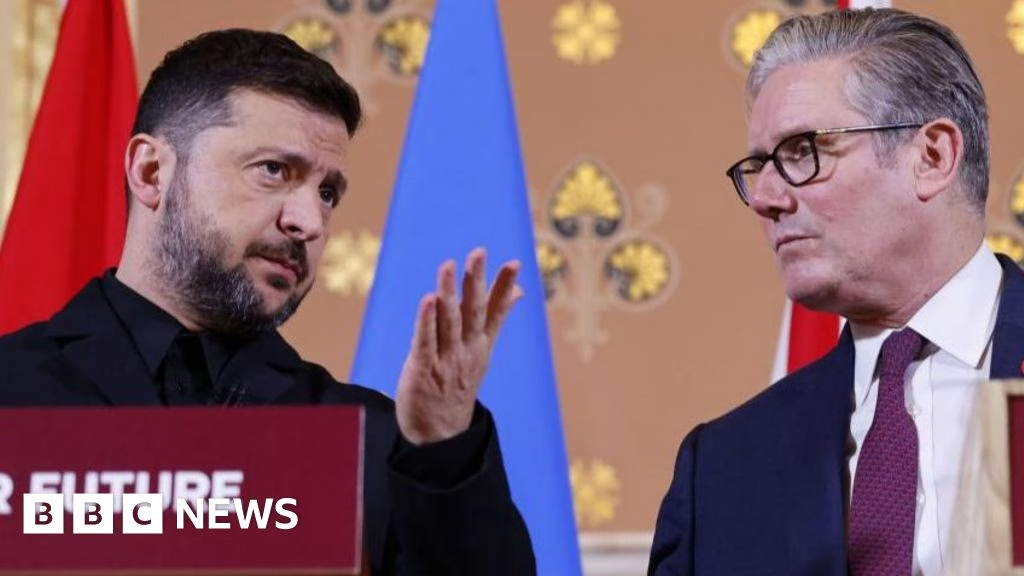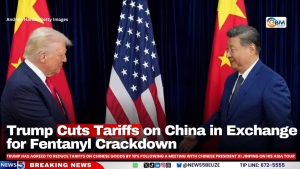Ukraine Allies’ Pledge
Ukraine Allies – In the evolving landscape of global energy politics, the pledge by Ukraine’s allies to take Russian oil and gas off the global market represents a critical development in the ongoing geopolitical conflict resulting from the war in Ukraine. This commitment not only aims to diminish Russia’s energy revenues but also holds broader implications for international energy security, market dynamics, and the environment. This article will explore the motivations behind this pledge, its potential impacts, and the alternatives that may emerge as a result.

The Context of the Pledge
In light of Russia’s military actions in Ukraine, the West—led by the United States and European allies—has sought to impose extensive sanctions that target vital sectors of the Russian economy, including energy. As of 2025, this push has taken center stage, with many countries aligning to ban or significantly reduce their imports of Russian oil and gas.

Ukraine Allies Pledge to Take Russian Oil and Gas Off Global Market
Key Players
- United States: The U.S. has been at the forefront of advocating for the ban on Russian energy imports. Sanctions and bans were aimed at curbing Russian aggression by crippling its revenue-generating capabilities.
- European Union: The EU, heavily reliant on Russian energy, has gradually shifted its energy policy. In 2025, several member states have committed to reducing their consumption of Russian gas and oil in response to the ongoing conflict.
- NATO Allies: Many NATO countries have pledged to support Ukraine by promising to eliminate imports of Russian fossil fuels, thereby reinforcing solidarity against Russian aggression.

Recent Developments
On February 24, 2025, coinciding with the anniversary of Russia’s invasion of Ukraine, several nations announced a collaborative strategy to phase out Russian oil and gas from their markets. This announcement has sent shockwaves through global energy markets and raised several questions regarding energy supply and economic stability.
Implications of Taking Russian Oil and Gas Off the Global Market
The pledge to eliminate Russian oil and gas from global markets has several ramifications, manifesting on both the geopolitical and economic fronts.
1. Impact on Global Oil Prices
As countries move to ban Russian oil, potential shortages could lead to an increase in global oil prices. The International Energy Agency (IEA) reports a projected price spike for Brent crude, driven by supply disruptions and speculative trading.
2. Diminishing Russian Revenues
Removing Russian oil and gas from the global market could have far-reaching consequences for the Russian economy, which heavily relies on energy export revenues. According to estimates, energy sales constitute around 40% of Russia’s federal budget.
3. Energy Transition and Diversification
The urgency to diversify energy sources has led many nations to prioritize renewable energy investments. As countries look for alternatives to Russian fossil fuels, there is potential for accelerated growth in the renewable energy sector, including wind, solar, and hydrogen technologies.
4. Strain on Existing Energy Infrastructure
Sudden shifts in energy sources prompt challenges in adjusting the existing energy supply chains. Countries previously dependent on Russian supplies might struggle to quickly implement alternative sources, creating temporary energy shortages.
5. Increased Tensions in International Relations
The pledge to cut Russian oil and gas from the market can strain diplomatic relationships with countries that maintain reliance on Russian energy supplies. For instance, nations like India and China, which continue to purchase oil from Russia, may find themselves at odds with the West.
Alternative Energy Sources
As the push to cut Russian oil and gas intensifies, several alternative energy sources are being explored and deployed.
1. Increased Use of Natural Gas from Other Regions
Countries are pivoting towards natural gas suppliers such as the United States, Qatar, and Azerbaijan to fill the void left by Russian gas. Liquefied Natural Gas (LNG) exports are gaining traction as a substitute.
2. Renewable Energy Investments
There is a burgeoning focus on boosting renewable energy capacity. The EU and U.S. plan to double down on investments in solar and wind power. As addressed by the International Renewable Energy Agency (IRENA), renewable energy can provide a sustainable path for energy independence.
3. Energy Efficiency Measures
Countries are implementing energy efficiency measures to reduce overall demand for oil and gas. Incentives for electric vehicles and improvements in building production can lead to significant reductions in fossil fuel consumption.
4. Strategic Partnerships and Alliances
Nations are forming strategic oil and gas partnerships to bolster energy security. Collaborative efforts will also involve research and innovation to ensure energy sustainability and security.
Challenges Ahead
Despite the noble intentions behind the pledge, several challenges lie ahead:
1. Economic Impacts
Transitioning away from Russian oil and gas could lead to increased costs for consumers and industries. The initial economic fallout may lead to inflationary pressures, causing disruptions across various sectors.
2. Geopolitical Risks
The geopolitical landscape remains volatile. The ramifications of energy transitions can exacerbate tensions with countries still reliant on Russia. This might trigger retaliatory measures from Russia, such as targeting nations that join the embargo.
3. Infrastructure Limitations
The current energy infrastructure in Europe and other allied nations may not support the rapid transition to alternative energy sources. Countries must invest in infrastructure to ensure a reliable supply of energy.
Conclusion
The pledge by Ukraine’s allies to take Russian oil and gas off the global market signals a significant shift in global energy dynamics. While the intention to sanction Russia and support Ukraine is commendable, significant challenges loom on the horizon. As nations navigate this transitional phase, strategic planning, investments in alternatives, and international cooperation are essential for ensuring energy security and stability in the face of geopolitical tensions.
For ongoing insights into market trends and economic policies, be sure to visit Trading Market Signals.
Relevant Outgoing Links
- International Energy Agency – Oil Market Report
- U.S. Energy Information Administration – Natural Gas
- International Renewable Energy Agency








